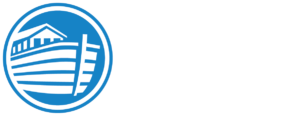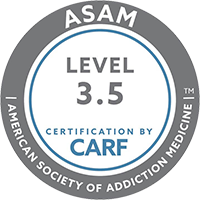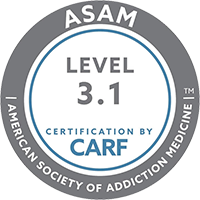
Addiction doesn’t always look the way we expect it to. It can hide behind busy schedules, high-functioning routines, and even good intentions. However, whether it’s quiet or chaotic, addiction is a progressive disease, and early recognition can mean the difference between crisis and recovery.
If you’re wondering whether it’s time to seek help for yourself or someone you care about, you’re not alone! The decision to reach out for treatment is a brave one, and often, it starts with awareness.
Below are key signs and symptoms to help you identify when it’s time to take the next step.
Increased Tolerance and Dependence
Needing more of a substance to feel the same effect is often one of the earliest signs of addiction. If you or your loved one can no longer get through the day without using drugs or alcohol, it may signal a growing physical and psychological dependence.
Signs to watch for:
- Using more than intended
- Needing substances to “feel normal”
- Withdrawal symptoms when not using (sweating, shaking, anxiety, nausea)
Changes in Behavior and Priorities
Addiction often shifts what a person values. You may notice responsibilities being pushed aside, relationships strained, or hobbies abandoned.
Red flags include:
- Unexplained absences from work or school
- Neglecting family, finances, or health
- Sudden changes in friend groups or routines
- Loss of interest in once-important activities
Mental and Physical Health Decline
Substance use can impact every area of health, including emotionally, mentally, and physically.
Look for:
- Increased anxiety, depression, or mood swings
- Poor sleep, weight changes, or frequent illness
- Accidents or injuries related to intoxication
- Thoughts of self-harm or suicide
Secrecy, Denial, or Isolation
Addiction thrives in silence. If someone becomes increasingly withdrawn, evasive, or defensive about their behavior, it may be because they’re struggling and don’t know how to ask for help.
You might notice:
- Hiding substances around the home or car
- Lying about use or minimizing it
- Pulling away from friends and family
Legal or Financial Consequences
When substance use leads to trouble with the law, job loss, or overwhelming debt, it’s a strong indicator that help is needed.
Examples:
- DUI or drug-related charges
- Losing a job or failing out of school
- Borrowing or stealing money to support substance use
When to Take the Next Step
If you’ve read through these signs and realized this is you or someone you love, it may be time to have a conversation about treatment.
Here’s what you can do:
- Talk to someone you trust. Honesty and support are powerful first steps.
- Reach out for a professional evaluation. ARC can help assess your situation and provide next steps tailored to your needs.
- You don’t have to wait for rock bottom. Treatment is most effective when started early.
Addiction Treatment That Works
At ARC, we know how hard it can be to take that first step — but we also know how life-changing it can be. Our team is here to walk with you, offering compassionate, individualized care for both addiction and mental health.
Whether it’s residential treatment, outpatient programs, or support services, we’ll meet you where you are and guide you toward the life you were created to live.
Call us anytime at (888) 818-1434
Message us now at arccenters.com
Begin your journey with our easy online screening at arccenters.com/start-screening/
Recovery is possible, and it starts with reaching out!





